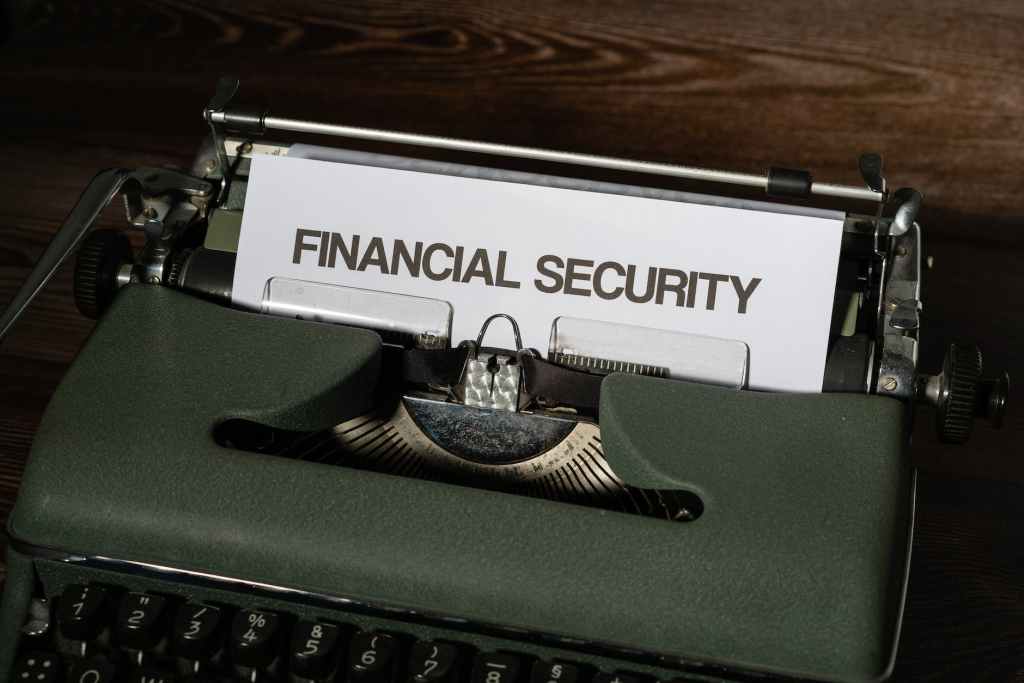The Securities Exchange Commission (“SEC”) is under fire again, this time in Texas. On February 21, emerging Texas-based cryptocurrency exchange LEJILEX and the Crypto Freedom Alliance of Texas (“CFAT”), an industry advocacy group, filed a complaint against the SEC. In their complaint, LEJILEX and CFAT allege that the SEC’s assertion of regulatory authority over nearly all digital assets and related transactions is unlawful. The complaint also alleges that the SEC unlawfully targets the digital asset industry in such a way as to stifle innovation and economic growth in the United States.
In recent years the SEC has accelerated its crackdown on digital assets, targeting everyone from industry leaders such as Coinbase, Kraken, and Ripple, to smaller players such as LBRY. In 2020 the SEC issued guidance warning that many digital assets could be securities, and as such companies offering or selling such assets could be subject to the SEC’s reporting and registration requirements. Companies that tried to heed the SEC’s warnings and attempted to register have been left confounded by the SEC’s refusal to offer updated guidance and its subsequent attempts to regulate through enforcement actions.

LEJILEX and CFAT are echoing some of the above-named companies in arguing that most digital assets are not securities because they do not fall within the definition of “investment contract” under the Howey Test, set forth by the Supreme Court in SEC v. W.J. Howey Co., in 1946 (for the uninitiated, a case about orange groves). The complaint reasons that because most digital assets are not securities, the SEC is acting unlawfully and trading platforms and exchanges such as LEJILEX are not subject to SEC regulations.
Further, the complaint alleges that the SEC’s unpredictable approach and attempts to regulate via enforcement have created an environment in which companies like LEJILEX cannot operate without fear of being subject to an SEC enforcement action. For reference, Ripple CEO, Brad Garlinghouse, has estimated that by the time his company’s lawsuit with the SEC is over, it will have spent more than $200 million. For newer companies such as LEJILEX, an SEC enforcement action can be a death sentence.

LEJILEX and CFAT’s complaint specifically asks for a judicial declaration that the sale of digital assets such as the one that would take place on LEJILEX’s platform are not securities transactions. The complaint explains that transactions in digital assets do not fit the definition of “investment contracts”, and if they did, the SEC would have near limitless authority. The complaint points out that if such digital assets and transactions were considered securities, then other transactions squarely not within the purview of the SEC and the Howey Test could be classified as such.
The complaint proposes that if the SEC’s authority to regulate all digital assets was as broad as the agency seems to believe, then buying limited edition sneakers from Nike with the intent to resell them and with the expectation that Nike would endeavor to increase their value would create a security, thus triggering the SEC’s extensive registration and reporting requirements. As LEJILEX and other industry players have pointed out, that outcome would contravene Congressional intent, although the industry at large is still waiting for Congress to weigh in decisively.
As attorneys operating exclusively in the digital asset space, we understand the importance of staying informed on the latest developments and helping clients stay compliant as cryptocurrency’s future in the United States continues to be shaped by regulatory developments. Whether you are an investor, entrepreneur, or business involved in cryptocurrency, our team is here to provide the legal counsel needed to maneuver this complex landscape. If you believe we can be of assistance, schedule a consultation here.
